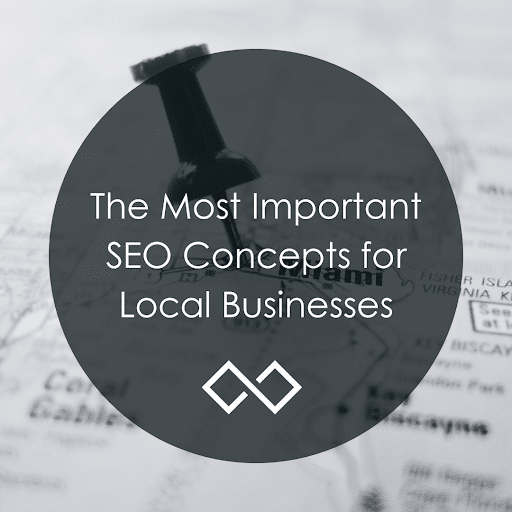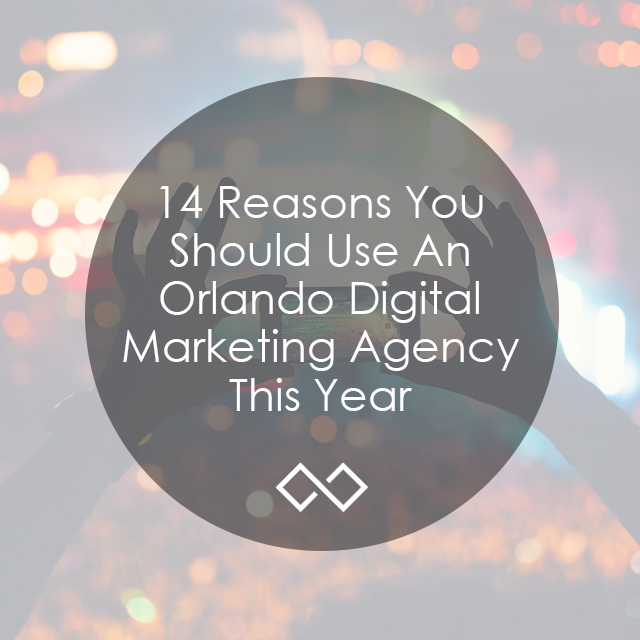If you own a business, it’s critical that it shows up in Google search results when your potential customers search for the services you offer. Our Miami SEO agency helps companies just like you succeed online.
Did you know that 46% of all Google searches are initiated by people looking for a local product or service? I’m going to go out on a limb and guess that you’ve searched for ‘car wash near me,’ or ‘local barber,’ at least once in your lifetime.
What do you see in the Google search results when you search for businesses like this? If Google is doing its job, you should get multiple options for businesses that provide the services you’re looking for.
Now, does your local business appear at the top of the search results like these businesses do? If it doesn’t, keep reading. And then give our Miami SEO agency a call.
Understanding Local SEO
Unlike traditional SEO, local SEO is strategically targeted towards specific geographic areas. Local SEO is tailored to businesses that rely on local customers and want to improve their visibility in local search results. Traditional SEO, on the other hand, focuses on broader online visibility and organic search rankings, regardless of geographic location. Both types of SEO have their place in digital marketing strategies, and the choice between them depends on a business’s goals and target audience.
The Most Important SEO Concepts for Local Businesses
Keyword Research for Local SEO
Keyword research is the process of searching for keywords, or search queries, that are both being searched for frequently and apply to your business and its services. The right keywords will have the perfect balance of high volume and relevancy to what the user is looking for. You can often create locally-targeted keywords by combining the keyword with the location you want to target. For example, if you were an electrician who wanted to target the Orlando area, you might optimize one page of your website for the keyword ‘Orlando electrician.’ This keyword will come with a high level of competition since it’s one that every electrician in your target audience wants to rank for!
This is why it’s so important to have a holistic approach to your local SEO strategy and combine your SEO efforts with other digital marketing strategies like paid advertising, social media, and Google Business Profile optimization.
Optimizing Your Google Business Profile
While your Google Business Profile isn’t actually a part of your website, there’s no denying that it plays a major role in your business’s local presence. Maintaining an optimized Google Business Profile can help your company appear in Google search results via the Map Pack, which is the first 3-4 profiles displayed when someone searches for a local business.
You can see the results I got in this picture when I searched for ‘Orlando coffee shops.’ The shops that appear in the MapPack got there for a multitude of reasons, including:
- Number of reviews
- Average review rating
- Proximity to your search location
- Verification status of the Google Business Profile
- Accuracy of the Google Business Profile, including the correct address, operating hours, and website
- Presence of regular updates, photos of the business
- Presence of business categories, attributes, and services
- Keyword optimizations on the profile
Optimizing your Google Business Profile is one of the best (and easiest!) ways to win the local search game, so this isn’t something you should skip.
On-Page SEO for Local Businesses
In local SEO, on-page optimization plays a crucial role in helping businesses rank higher in local search results. By fine-tuning your website’s on-page elements, you can improve its visibility to local customers actively seeking your products or services.
Meta Tags for Local SEO
Title Tags: Your website’s title tags should include your business name, a primary local keyword, and a brief description of your services. For example, “John’s Pizza – Best Pizza in [City], [State].”
Meta Descriptions: Craft engaging meta descriptions that describe your offerings and encourage clicks. Include local keywords and convey your unique selling points. For instance, “Visit John’s Pizza for mouthwatering pizzas in [City]. Try our signature [Pizza Name] today!”
Headers with Local Keywords
H1 Header: Make sure your main header (H1) contains your primary local keyword. For instance, if you run a local bakery, your H1 could be “Delicious Artisan Pastries in [City].”
Subheaders (H2, H3, etc.): Incorporate variations of your local keywords into subheaders as naturally as possible. These headers should organize your content logically and make it more readable.
Content Optimization for Local Keywords
Keyword Research: Conduct thorough keyword research to identify local keywords relevant to your business. Include keywords that incorporate your location, such as “[Service] in [City]” or “[Product] near [Landmark].”
Location Pages: If your business serves multiple locations, create dedicated location pages. These pages can highlight specific services or products available at each location and provide localized content.
Localized Landing Pages: For multi-location businesses, create unique landing pages for each location. Optimize these pages with location-specific keywords, descriptions, and images.
Mobile Optimization
Mobile optimization on your website is another critical component of your local SEO performance. This is important for several reasons:
- Better user experience: when someone visits your website using a mobile device, you want it to be easy for them to navigate.
- Search engine rankings: Search engines like Google prioritize mobile-friendly websites in their rankings. Google uses mobile-first indexing, which means it primarily uses the mobile version of a site for ranking and indexing.
- Broader audience reach: A mobile-friendly website allows you to reach a broader audience, including users who primarily access the internet via mobile devices.
- Faster Page Load Times: Mobile-friendly websites are optimized for speed, ensuring faster page load times on mobile devices. Faster loading improves the user experience and positively impacts search engine rankings.
Tracking and Analytics
After all your work to optimize your digital presence for local search, you need to monitor everything to see the results! There is a wide range of SEO programs available. As a Miami SEO agency, we use Semrush for our clients’ SEO analytics, which, as a subscription platform, is better suited for agencies. However, there are a lot of great tools you can use on Semrush at no cost.
It’s also important to set up a Google Analytics account and Google Search Console.
Google Analytics
Purpose
Google Analytics is a web analytics service offered by Google. Its primary purpose is to track and analyze website traffic and user behavior.
Key Features
Traffic Analysis: It provides insights into how users find and navigate your website, including data on sources of traffic (organic search, direct, referral, social, etc.).
User Behavior: You can see what pages users visit, how long they stay on each page, and which pages have high bounce rates.
Conversion Tracking: It allows you to track specific actions or goals on your site, such as form submissions, e-commerce transactions, or downloads.
Audience Insights: You can learn about your website’s audience, including demographics, locations, devices, and more.
Why It’s Important
Data-Driven Decisions: Google Analytics provides valuable data that helps you make informed decisions to improve your website’s performance.
Optimization: You can identify underperforming pages, discover popular content, and optimize your site for better user experiences.
ROI Measurement: For businesses, it helps in measuring the return on investment (ROI) from online marketing campaigns.
User Experience Improvement: Understanding user behavior helps you enhance the overall user experience, leading to higher engagement and conversions.
Google Search Console
Purpose
Google Search Console (formerly known as Google Webmaster Tools) is a free service provided by Google to help website owners monitor and troubleshoot their site’s presence in Google search results.
Key Features
Search Performance: It provides data on how often your site appears in Google search results, the keywords that lead to clicks, and your click-through rates.
Index Coverage: You can check if Google has indexed all your pages and identify indexing issues.
Sitemaps: You can submit sitemaps to Google for faster indexing and track how many of your submitted pages are indexed.
Mobile Usability: It alerts you to mobile usability issues, which are crucial as Google prioritizes mobile-friendly sites.
Why It’s Important
SEO Insights: It offers valuable insights into how Google views your site, helping you optimize it for better search engine rankings.
Indexing Control: You can control what Google indexes and monitor any indexing issues that may affect your site’s visibility.
Error Resolution: It helps identify and resolve issues that might negatively impact your site’s performance or search rankings.
Mobile Optimization: With mobile search growing, it’s essential to ensure your site is mobile-friendly, and Google Search Console helps.
South Street & Co. is the Miami SEO Agency for You
Whew – we made it! As a recap, your business’s most important local SEO concepts are targeted keyword research, an optimized Google Business Profile, on-page SEO, mobile optimization, and tracking and analytics. Using these tools to your advantage can easily become a full-time job, and that’s why Miami SEO agencies like ours exist. Give us a call if you have any questions or need help getting your website ranking!







